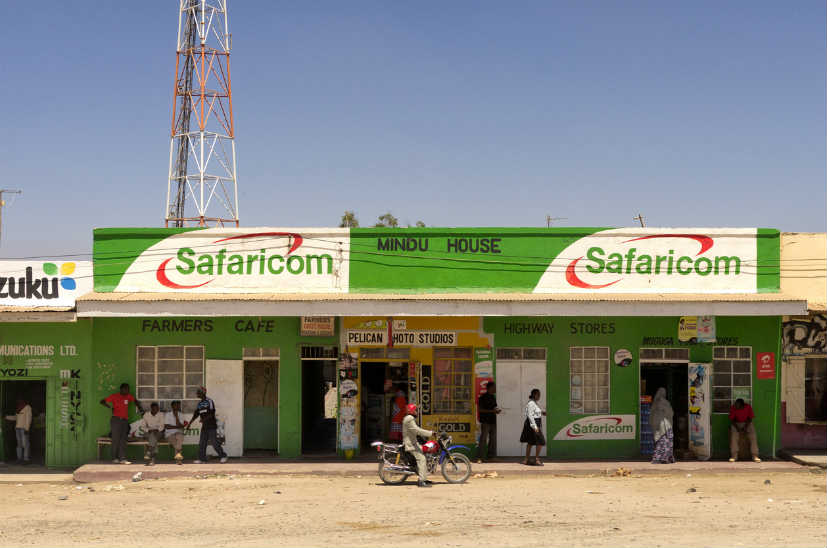Safaricom is in talks to provide excess energy from its base stations to the national grid in Kenya. Safaricom will generate renewable energy from sources such as wind and solar at its plants at is base stations.
Safaricom made the announcement last month that it would diversify into other sectors such as energy, healthcare, property management, and mining.
Earlier in 2019, Kenya introduced the Energy Act 2019 which allows households and businesses connected to the national grid to generate their own electricity and supply the excess to the national grid.
In return, the household or businesses earn credits which they can redeem in their next electricity bill. Safaricom plans to benefit from the act and venture into the new business line.
“We’re planning to enter this area; it’s something that we’ve engaged various interested parties and technical experts and discussions are still at an early stage, but it’s our intention to enter this area,” Safaricom Head of Sustainable Business and Social Impact Sanda Ojiambo told the media.
Currently, the telco has around 4945 cell phone towers that cover all corners of Kenya. A majority of these towers are connected to the national grid. Safaricom plans to adapt renewable energy to power its phone towers as a part of its sustainability goal.
Safaricom announced its green strategy during the One Planet Summit held in Nairobi.
Safaricom plans to increase its portfolio and invest in other sectors and at the same time increase its return on investment. The decision is also in line with President Uhuru Kenyatta’s vision of affordable housing as part of the Big Four Agenda.

